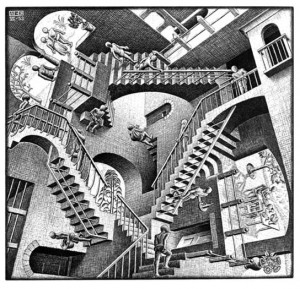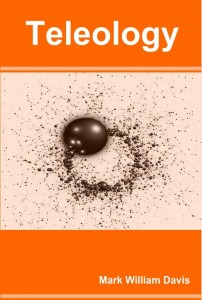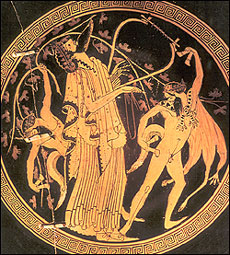 The reviews of Jonathan Haidt’s new book, The Righteous Mind, have begun in earnest. William Saletan raises the implicit question embedded in Haidt’s objective stance: is reasoned consideration of moral questions an improvement over traditionalism? That is, even if we accept that moral intuitions are emotional and reactive, are we not better when we transcend those intuitions and rely instead on a rational calculus that carefully weighs the pros and cons of personal decisions and social policies?
The reviews of Jonathan Haidt’s new book, The Righteous Mind, have begun in earnest. William Saletan raises the implicit question embedded in Haidt’s objective stance: is reasoned consideration of moral questions an improvement over traditionalism? That is, even if we accept that moral intuitions are emotional and reactive, are we not better when we transcend those intuitions and rely instead on a rational calculus that carefully weighs the pros and cons of personal decisions and social policies?
A clear example is the changing perspective in America towards gay marriage. The issue serves as a proxy for the general acceptance of gays and lesbians in society. And, critically, it is at odds with Haidt’s dimensional characterization of the conservative mind as focusing on the sacrosanct while the liberal mind is focused on fairness and reason. Why is it at odds? Because public opinion has moved steadfastly towards acceptance over time. The influence of tradition and the sacrosanct appears to wane. We see this again and again in America; racism falls before the onslaught of reason, religious bigotry and anti-semitism dissolve into the background noise. What once was a source of moral revulsion is now justified as a source of moral standing.
How does change occur? We can invoke Sam Harris’ notion of The Moral Landscape to help understand the character of drift. Harris’ landscape is an abstraction of the notion of an adaptive landscape. In evolutionary change over multi-variate topographies, the primary problem that occurs is that of “local minima” (or, alternatively “local maxima”). That is, as species change in response to environmental signals, they become specialized in a very narrow niche. An alternative set of traits would yield better outcomes but, because they are well adapted to the local environment, they never jump out and discover the better set of traits.… Read the rest




